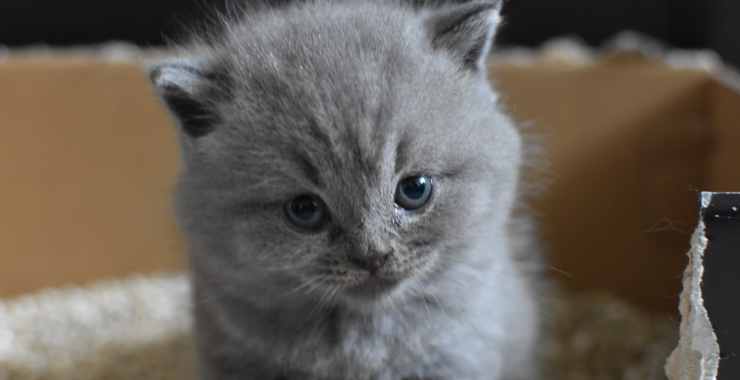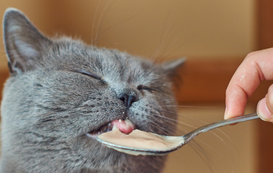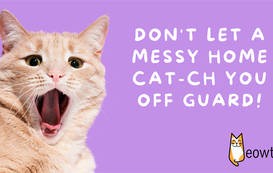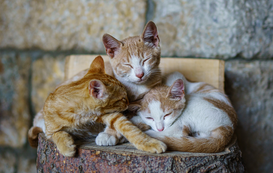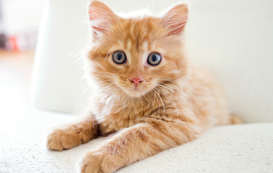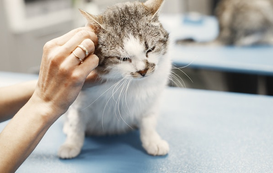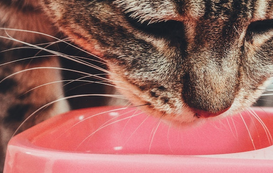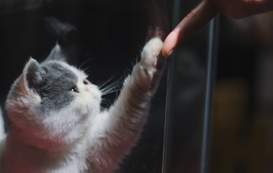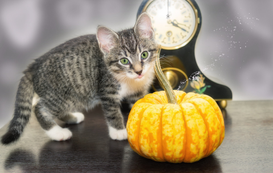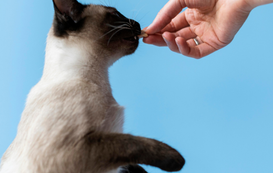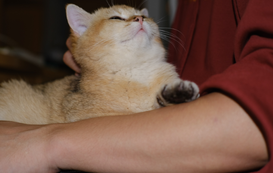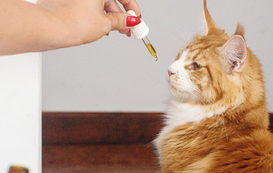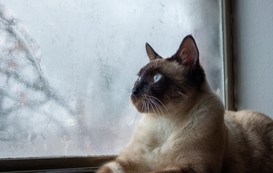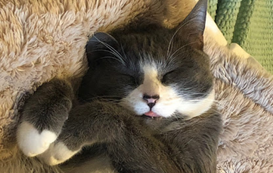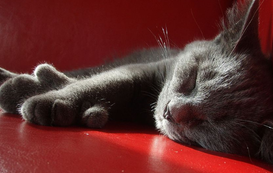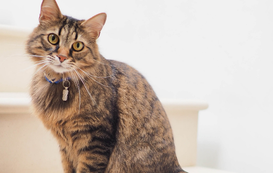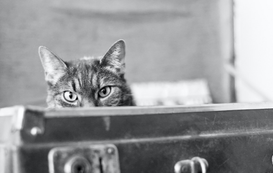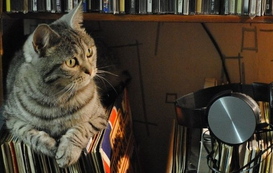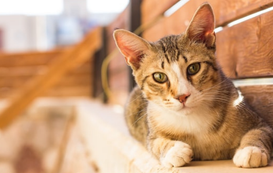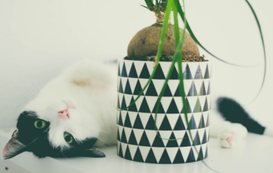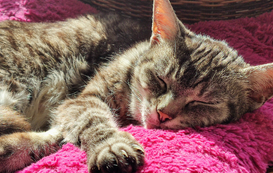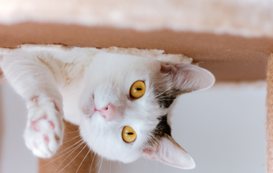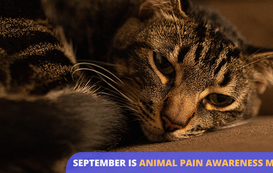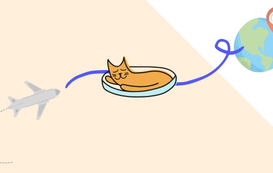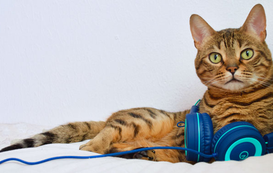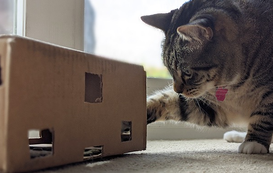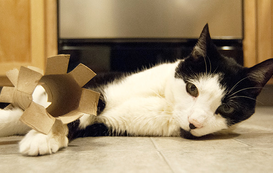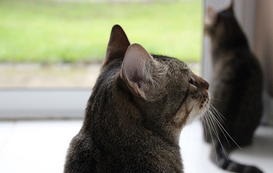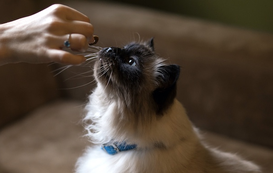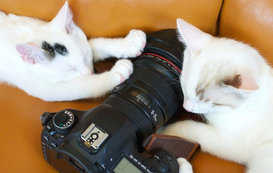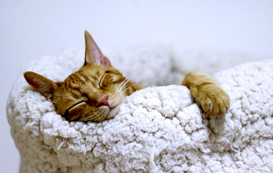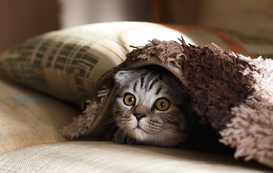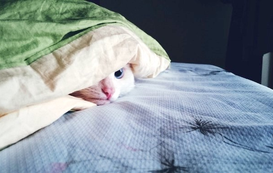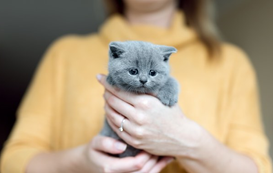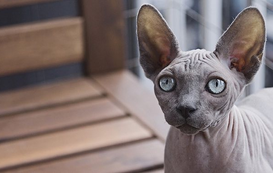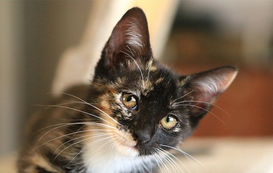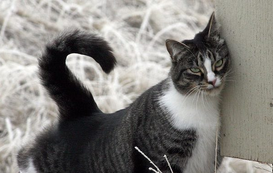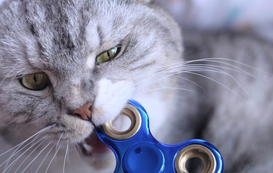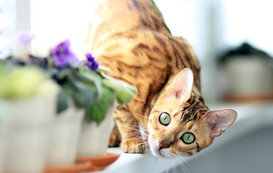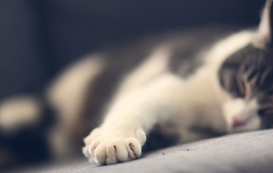If you are a new cat parent, it is crucial to provide your kitty with a litter box they love and keep it in pristine condition so they will happily use it from now on. Getting into this habit is easier than you may think, and your kitty will be very a-purr-eciative of your efforts!
From switching litters to dealing with inevitable "uh-oh" moments and the aftermath, we've got the litter box basics for new cat parents covered:
First Things First
It's essential to find out what kind of litter your kitty has been using while at the shelter, foster home, or while living with its previous parents. While adjusting to their new home, it is ideal to use the same litter and formulation if possible. Cats can be very picky regarding the kind of litter they use. Unwanted habits like improper urinating might result from abrupt changes.
It is also crucial to help that you are filling the box adequately. Cats bury waste to avoid attracting predators, so it's an essential instinct for them to cover their waste well. A few inches is sufficient. Avoiding overfilling the box as your kitty may become unsteady on their paws if it's too full.
Last but not least - if you have adopted two kitties, it is recommended to have one for each kitty plus a spare. Doing so helps prevent run-ins over territory and eliminates the equivalent of a feline-bathroom-waiting-line if two need to use the facilities simultaneously. Be sure to choose a quiet spot for each litter box.
Making the Switch
What if the previous litter is too pricey for your budget, you dislike the scent of the litter, or you simply prefer to use another litter for other reasons? It is entirely possible to make the switch. However, take your time and adapt as gradually as possible; it could take up to 3 months. (Don't know what litter you'd prefer? We've got some great advice on choosing the right litter for your kitty here.)
There is an exception to every rule, however. Some kitties are just stuck in their ways. Let them use what they're accustomed to if it doesn't happen by the three-month mark. Some cats may never learn to adjust to a new litter brand or formulation. Pressing the point could cause more problems, particularly since some could react inappropriately in response (i.e., inappropriate elimination). That means you'll be dealing with a new set of issues in the form of soiling and stains on your carpet or even your bed (yes, it happens).
When Any Litter's a No-Go
If you experience a problem with your cat soiling in unexpected locations and surfaces even after your kitty has seemed to adjust to their new litter, it's essential to address it. Fortunately, this problem can often be easily fixed by making a few changes. The first thing you need to do is take a look at where your litter box is and how it's maintained: Is your box too tiny, too messy, or challenging to access?
Also consider odors' impact. Even more than you, cats hate when there is a terrible smell in their "bathroom." And don't even think about solving the problem in their bathroom like you would solve the same problem in yours - air freshener is a big no-no. These products can even cause respiratory problems in cats, especially if they are already prone to them.
The rule of thumb? Since cats' sense of smell is so sensitive, if you can smell something stinky, your cat's poor sniffer is likely overpowered by it.
Keeping the litter box clean is the ideal solution to this problem; doing so is even more crucial if it is covered.
How "Uh-oh's" are Connected to Cleanliness
If a cat is peeing directly next to the box, chances are that he wants to use it, but the box is not acceptable to him; this is a survival technique. Waste contains harmful organisms such as parasites and germs. Your cat is not intentionally being "bad" by doing this but instead is trying to preserve its well-being by avoiding what they perceive as dangerous. That being said, you should see the vet if your cat suddenly starts avoiding their litter box regularly as this is a common sign of certain health issues such as bladder infections.
Despite our best efforts, inappropriate elimination may occur in any home with a cat at some point. While solid messes are usually relatively easy to address, the liquid variety can be problematic due to lingering odors and tell-tale stains. Try the following to help eliminate any pee traces on your carpet: Apply club soda liberally, then blot the area with paper towels after five minutes. The minerals in the soda will deodorize the area to prevent further accidents. (We've got more advice about cleaning up after your kitty here.)
Speaking of cleaning, it's imperative to stress how keeping your cat's litter box as clean as possible affects them - not only by scooping the soil but also by cleaning the box itself - so add this to your regular to-do list. Avoid using ammonia, home cleansers, citrus wipes, vinegar, or household cleaners while cleaning the litter box. Instead, experts advise using hot water and a little dish soap. Clear, unscented dish soap is a great choice. (Remember, what smells lovely to us may be unpleasant to cats.)
The Scoop on Not Having to Scoop
If you find regularly scooping your kitty's litter to be a tough habit to create, consider an automated one. These ultra-fancy electronic boxes do all the hard work for you and can be programmed to meet your cat's needs and schedule. Another option is a sifting box - a cost-effective "save-you-some-work" litter box that is not automated but is still super helpful. They are often made of plastic or biodegradable materials, and cleanup is faster and easier, although you may have to scrub solid waste from the sifting grate.
The Takeaway
As with all things kitty-related, change can be hard at times. Adjusting to a new litter box, new litter, and new surroundings can be tricky for even the most well-adjusted feline. By implementing these pointers, you can make the change a total breeze for your new bestie.
cat sitters on Meowtel understand that a clean litter box is a priority. You can discuss your specific cleaning standards and preferences with your sitter before the booking begins. From playtime to feeding time, cat sitters on Meowtel can help keep your kitty happy.
Ready to find the purrfect sitter for your feline friend? Find a cat sitter on Meowtel today!
Photo by Pedro Candeias on Unsplash

